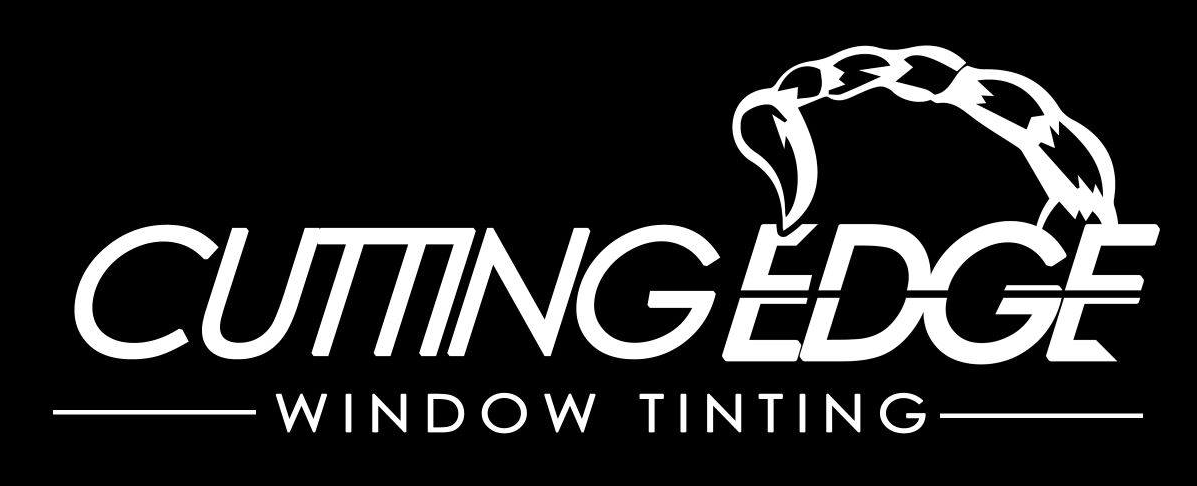What is the legally acceptable tint for your vehicle?
You may be concerned about privacy and how your car appears. These are the guidelines legal to tinting your windows. While state laws regarding tinting are usually very restrictive however, you are able to modify them for people who are sensitive to light. This includes people with albinism, who need constant protection from sun. People with conditions that are sensitive to light such as Psoriasis are also able to benefit from sunlight but may have a negative reaction to ultraviolet beams.
Colors
There are a variety of colors to choose from for tinting your windows. However, every state has its own laws regarding the legality of certain shades. There are laws that differ in every state that govern tint shades. Certain states have more relaxed guidelines than others. Find out which tints you can legally put on your windows. These tints can not only make your windows look stylish, but they can also offer privacy and protection from sun. Red tints, for example are not permitted in some states. It is possible to avoid these tints.
Window tinting laws could differ from one state to the next however, the majority of states permit tinting your vehicle's windows to block harmful rays. It's not allowed tinting windows with yellow, red or amber colors in Washington. These tints can be mistaken for emergency lights by motorists. Additionally, if you want to be legal, you can choose tints that let light reflect off the glass instead, which will ensure your car stays cooler during the summer, and also shield your eyes from bright sunlight.
Metallic particles
Certain people prefer to include metallic particles embedded in the window tint. Although metallic particles can appear cool and provide an interesting look to a vehicle but there are some downsides. Metallic particles like dyed tints, can cause interference with cellphone and radio signals. They also add to the price of tinting windows. These drawbacks are offset by the benefits of tinting windows in automobiles. Learn more about metallic window tints.
Metallic window tint is made out of metals rather than dyes. It offers heat blockage and some privacy. Metallic particles are, in contrast to other tints aren't permitted in all states. They also pose a security risk while driving and could be hazardous for law enforcement. These tints should not be employed by those who are worried about safety. You should not use them on cars that have metallic exteriors.
Polyester
The laws in your state determine whether a window tint is legal. Most states permit a certain percentage of luminous transmission. To be legal, you have to make sure that the tint of your windows does not diminish reflection or reduce visibility. It is generally possible to use window tint to block UV rays, but if you'd like to increase privacy or keep burglars out it is possible to choose darker shades. You should know that tinting that is illegal can lead to legal enforcement. It is important to adhere to the permitted percentage in your state.
There are many types of window tint which offer better performance than window films that are dyed. Hybrid films consist of two layers of film: an adhesive layer and a protective coating. They're installed in exactly the same way as traditional film, but they have nanotechnology that creates an insulating shield. They can reduce heat and virtually remove harmful UV ultraviolet rays. This makes them safer for the passengers. The disadvantages of window tints are the same as the disadvantages of conventional window tint.
Carbon fiber
You should research the best professional shops that offer high-quality carbon fiber tints if you are looking to tint your car's windows in Tennessee. Window tints are generally offered in two varieties that are dyed and carbon fiber. Dyed tint is usually the most cost-effective and needs to be reapplied every few years. Carbon fiber tint, however, is not as effective and more expensive, it block 99 percent of UV Rays.
Carbon window film comes with many advantages. The tint helps prevent interior fading however it does not block cellphone signals. It also blocks more sunrays than dyed film. Although it appears darker than other tints carbon window film helps block more heat and shields the interior from glare. It can also boost the value of your car overall. Carbon fiber tints are legal in a majority of states. They can be installed on the windows of any vehicle.
Dye
If you're worried about the sunlight's glare, then you may want to know what is the lawful tint of your window? It is possible to tint windows for many reasons, including preventing window capture, limiting the amount of sunlight that enters your vehicle, and more. Tinting windows isn't always allowed. There are rules in most states to protect against the obstruction of investigations by police and the appearance of windows that appear to be glaring. This is a brief overview of window tint laws in your state and how they affect your state's laws.
Window tints are subject to numerous laws. But, the majority of them determine the shade of tint which can be applied. The quantity of light that can pass through a car window is known as visible Light Transmission. Window tint laws are different based on the vehicle you drive and the location you reside in. To find out if window tint is legal in your state, look at the AS-1 line on your vehicle's windshield. A professional installer can determine the legal limit of darkness within the state you live in.
|
Phone +18474292479
|
|
| Address |
408 Brook St, Elgin, IL 60120
|

